Ellie Simmonds Weighs Heartache: Fear of Passing On Genes That Cause Dwarfism Deters Motherhood Plans
Ellie Simmonds has faced the tough choice regarding whether or not she should become a parent. investigating the complexities of inheriting a lethal form of dwarfism .
The athlete who has won five Paralympic gold medals , we will explore why she may need to genetically modify a fetus in her upcoming project. ITV called Ellie Simmonds: Should I have children?
The OBE and MBE will also consider the issues facing parents who are told their children will be born with disabilities.
Ms Simmonds, aged 30, possesses the mildest form of achondroplasia (the formal term for dwarfism), and her life has undoubtedly been marked by significant accomplishments.
After claiming two gold medals at age 13 in the 2008 competition Beijing Games, appearing on Strictly Join the fun at Come Dancing in 2022, and transition into being a sports commentator—her disability has never slowed her down.
However, her dwarfism plays a role in any potential choices regarding having children down the line since she mentions, "I'm aware that genetic alterations caused my condition, so if I decide to have a family, there’s a possibility of passing it along."
"There might be issues with the spine or curvature of the legs, which could result in limited mobility," she told them. The Times .
Over the last half-year, Ms Simmonds has consulted with a clinical geneticist who focuses on achondroplasia.
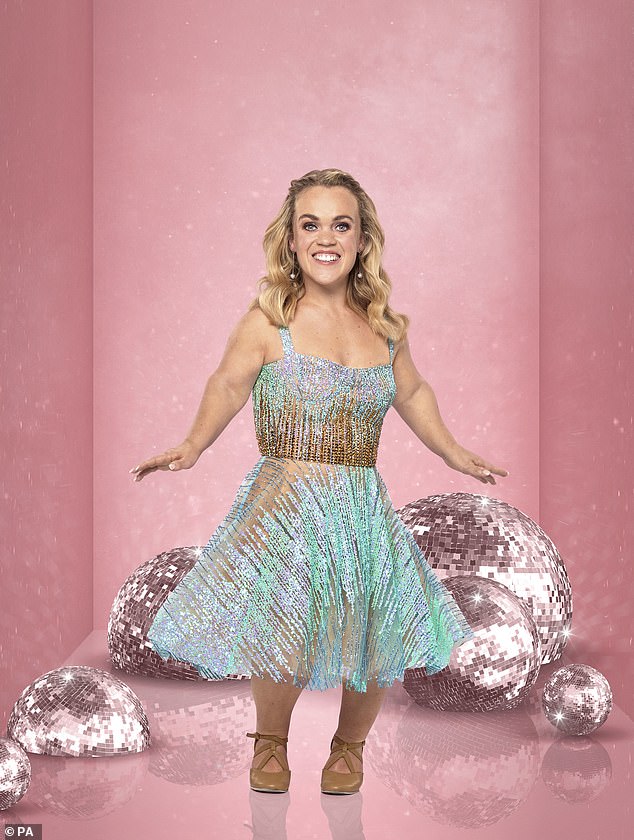
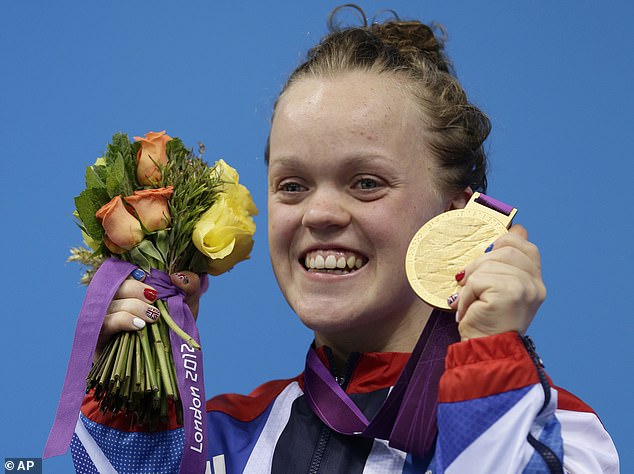
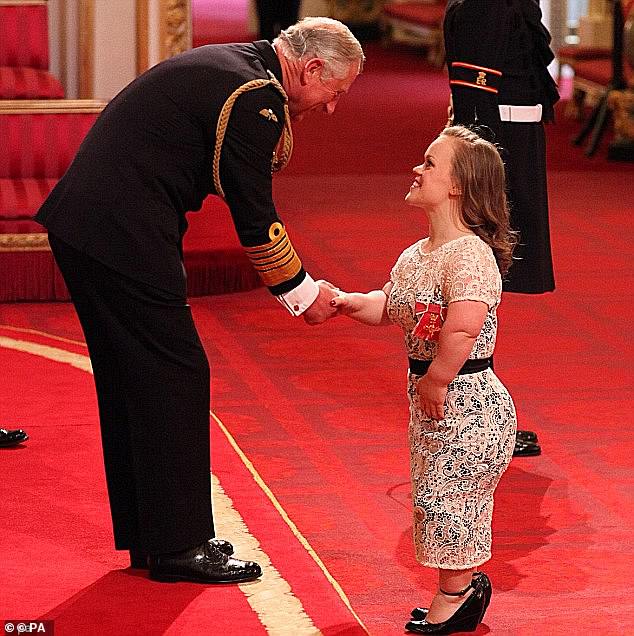
The geneticist, Dr Melita Irving, advises on pre-implantation genetic testing (PGT), a technique that identifies genetic defects in embryos before they are transferred to the uterus.
Parents who choose to use PGT must commit to only a 'normal' embryo being placed back in the uterus.
This implies that if a couple both having dwarfism decided to go ahead with it, their child would not inherit the condition.
Ms Simmonds is presently unattached, residing solo in her apartment in North London following her split from Matt Dean, who similarly has achondroplasia.
She underwent a fertility test, which came back positive, and in the documentary admits to being uncertain about having kids.
Similar to many women in their thirties, she contemplates freezing her eggs, becoming a mother, or perhaps adopting, mirroring how she was adopted by a caring family close to Walsall.
'She stated that her uncertainty stems more from being a woman rather than due to her disability.'
Should Simmonds have a child with a partner of typical size, there would be a 50 percent probability that the offspring would inherit achondroplasia.
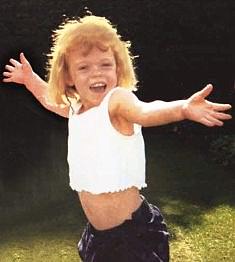
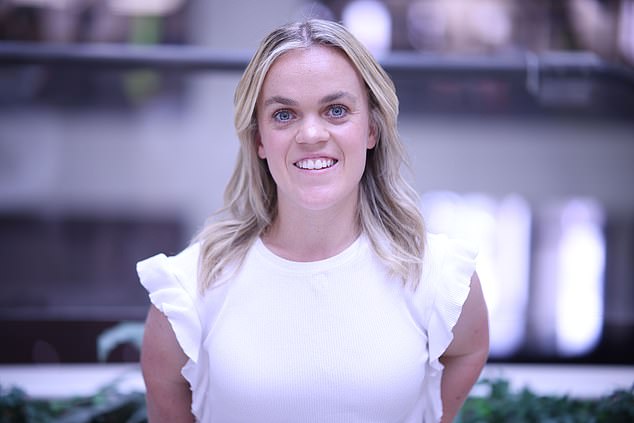
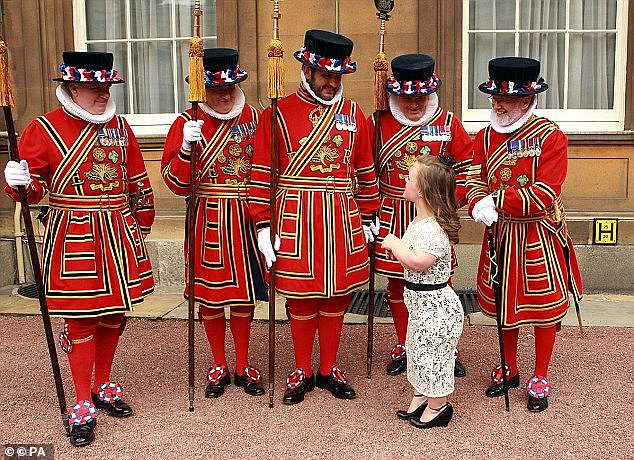
However, if her partner also had achondroplasia, there would be a 25 percent likelihood of having an average-sized child.
This would result in a 50 percent chance (equivalent to having an averagely sized partner) of developing 'single dose dwarfism,' a condition that Ms Simmonds possesses.
There's a 25 percent probability of 'double dose dwarfism,' where fetuses or infants fail to develop or cannot survive.
For someone who is immensely proud to be part of thedisabledcommunity, deciding whether to undergo preimplantation genetic testing (PGT) to avoid the potentially severe consequence of 'double dose'dwarfismpresents an agonizing conundrum.
'It would depend if [the father] was an individual with dwarfism or a non-disabled person,' she said.
'I'd never heard of PGT before now. But now I feel educated. I know it's there for me [if I want it] and to prevent the trauma of a double dose.'
In 2023, Ms Simmonds unveiled a documentary in which she sought out her biological mother – the emotional impact of this film was such that it earned a prestigious Bafta award.
His biological mother, who received inadequate postnatal care, handed Mr Simmonds over to his adoptive parents when he was merely 10 days old in Aldridge, which is close to Walsall.
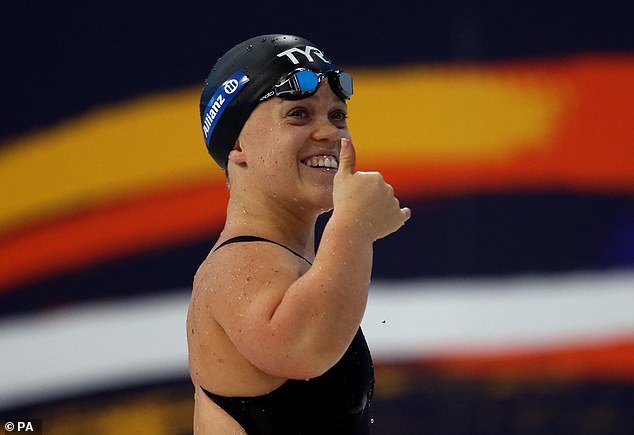
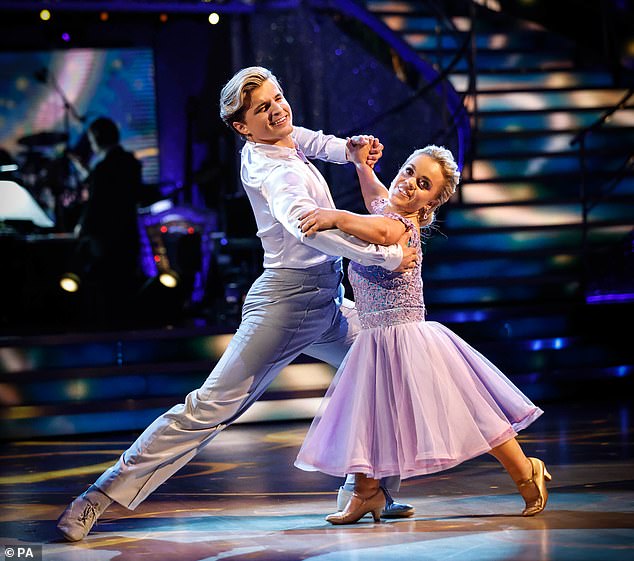
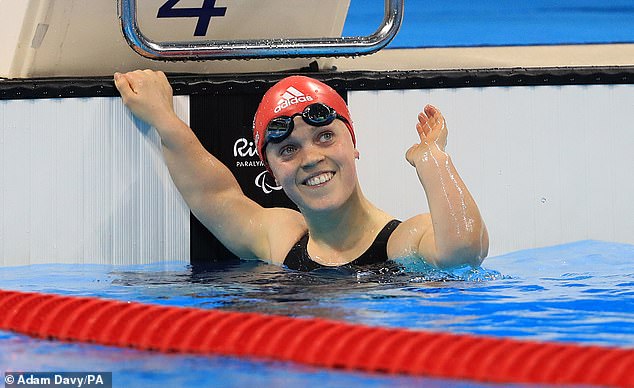
Ms Simmonds has now built a relationship with her birth mother and is a powerful advocate for disability rights, who is entering her thirties as a powerful woman.
While participating in Strictly Come Dancing, she aimed to motivate others. striving for greater inclusion of the dwarfism community .
Back then, the athlete commended her partner Nikita for assisting in debunking the myth that dancing isn't suitable for everybody.
And for transforming the lives of viewers with disabilities who might have thought dancing was unattainable.
Read more
Post a Comment for "Ellie Simmonds Weighs Heartache: Fear of Passing On Genes That Cause Dwarfism Deters Motherhood Plans"